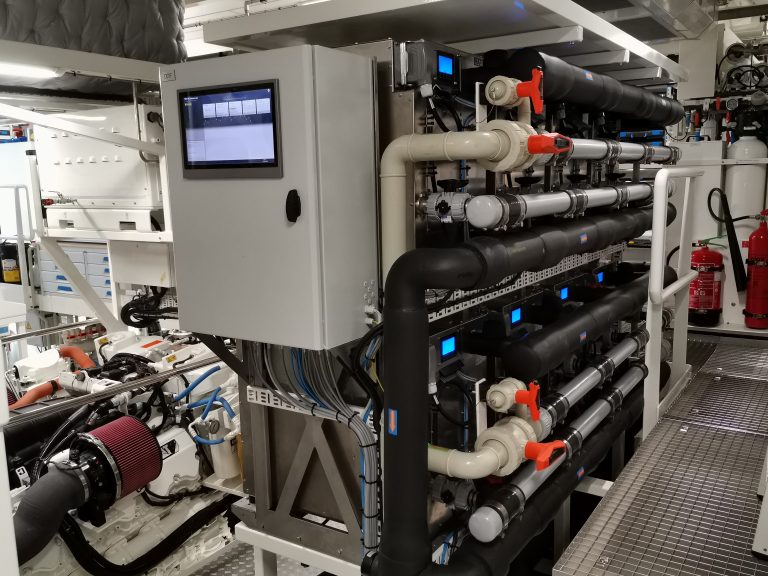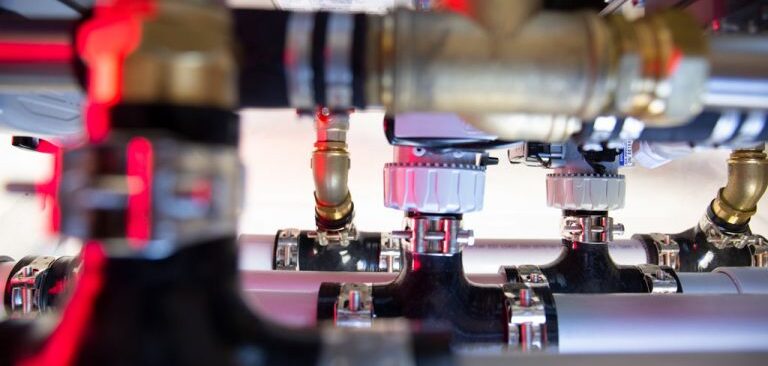With the drive toward emissions reduction in marine applications, vessel propulsion systems are not the only area engineers need to focus their efforts on. Whether power is provided by a traditional IC engine, hybrid system, battery or fuel cell, optimizing overall systems efficiency is a must. Therefore, any equipment that draws power needs to be considered, including HVAC plant.
Dutch HVAC specialist Mar-IX has focused on reducing the contribution of its systems to overall hotel load, claiming energy savings of up to 80% compared with existing installations.
The company’s Hyper Thermal Process (Hyper TP) integrates all the various thermal energy sources onboard a vessel via a combination of smart system design and intelligent monitoring and control. Rather than simply dissipating waste heat overboard, it is recovered and used for other processes. This reduces the load on thermal energy consumers such as chiller units and hot water calorifiers/boilers. Furthermore, plant such as fridges and freezers can also be connected to the HVAC system, with the absorbed heat being transferred to, for example, the hot-water supply. The company notes that the fresh-air system uses a fluid-based heat exchange process and there is zero chance of any cross-contamination of fresh-air supply and extraction air.
This approach to heat recovery is particularly relevant for vessels operating on battery power, where any additional system loads have a negative impact on range. Furthermore, with an ever-increasing number of low- or zero-emissions berths appearing across the globe, the ability to reduce hotel loads while moored without access to shore power could prove advantageous.
Mar-IX notes that its solutions can be customized to suit the needs of individual vessels and are suitable for new-build and retrofit applications.




